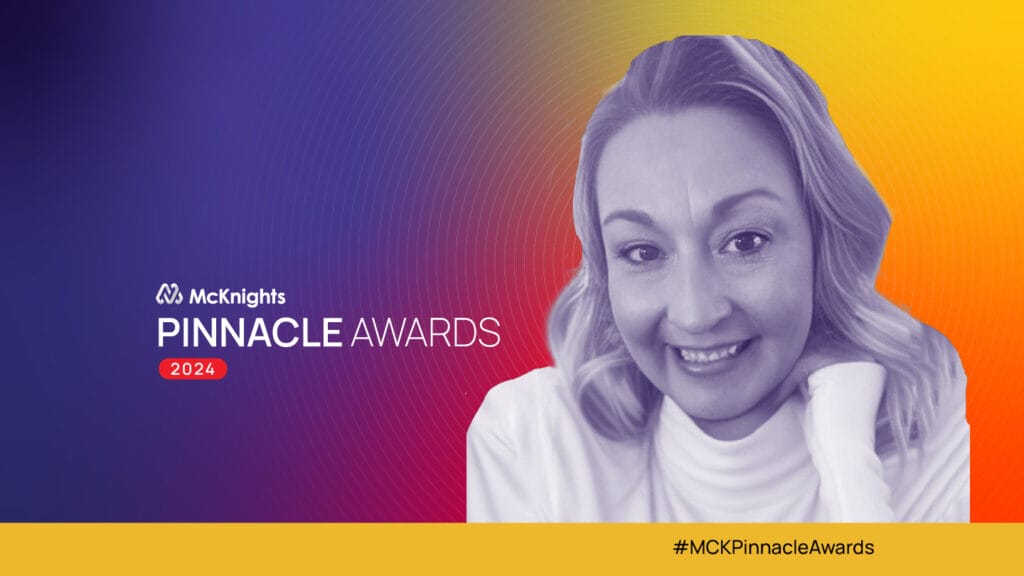
While the rapid growth of hospice agencies in California is widely known, four national hospice associations are sounding the alarm that a similarly troubling pattern is occurring in three other states.
“While both the California State Legislature and the California Department of Public Health have taken steps to curtail this disturbing growth in hospice providers, we understand that similar activity has now spread to neighboring states, including Arizona, Nevada and Texas,” the National Association for Home Care & Hospice, LeadingAge, National Hospice and Palliative Care Organization and National Partnership for Healthcare and Hospice Innovation said in a letter to Administrator Chiquita Brooks-LaSure of the Centers for Medicare & Medicaid Services.
A total of 239 new hospice providers were Medicare-certified in Arizona between 2018 and 2022 — 52% of all providers in the state; 369 new hospice providers were Medicare-certified in Texas between 2018 and 2022 — an increase of 40% in the number of hospices in the state, the letter said.
“Based on these developments, we believe that, in addition to action at the state level, increased federal oversight is needed to protect hospice patients and their families, as well as the vast majority of hospice providers that properly observe Medicare and Medicaid laws and regulations,” the associations wrote.
One answer to the problem is temporary moratoria on the admission of new agencies, the associations said in the letter.
In California, an investigation by the state’s auditor determined that the Department of Public Health’s lax oversight contributed to the growth of hospices and other questionable activity. Mollie Gurian, vice president of home-based and HCBS policy for LeadingAge, told McKnight’s Home Care Daily Pulse she does not know if a similar scenario is playing out in the other states. That’s why the federal government needs to look into it, she said.
“I’m not sure and that’s part of why we want CMS to investigate further, whether it’s lax oversight, or there’s something else that … that the state should or could be doing or whether it’s a newer problem there,” Gurian said. “So … they just haven’t quite got a handle on it yet.”


